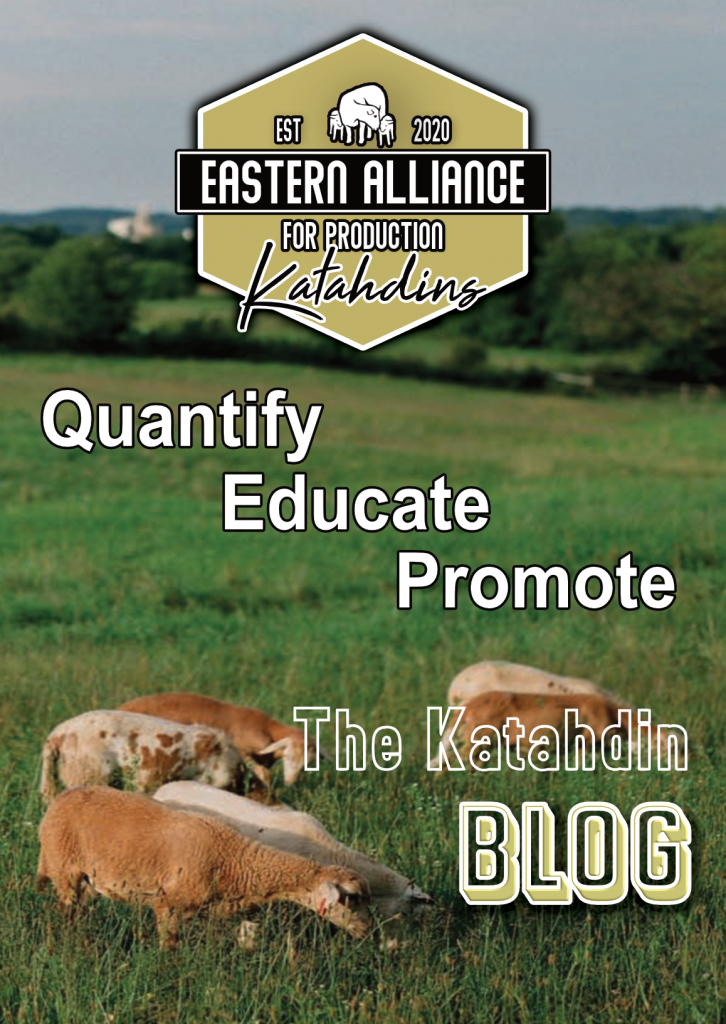Orphan Lamb Considerations
Sooner or later, nearly every shepherd has a lamb that needs to be supplemented. Whether it’s a rejected lamb, one whose dam has died, or simply a lamb whose dam has insufficient milk, identifying these lambs early and getting them off to a good start is essential. Other lambs at


